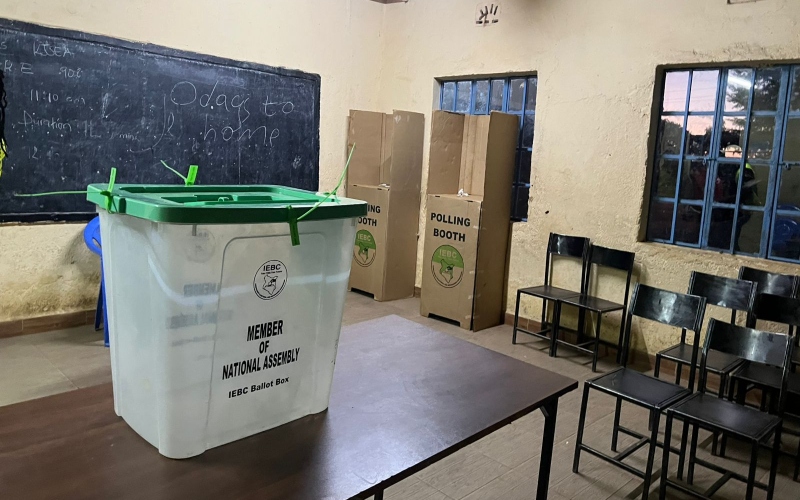ChatGPT now handles over 2.5 billion prompts a day, OpenAI confirms

The numbers, confirmed by OpenAI spokesperson Rob Friedlander, highlights just how embedded ChatGPT has become in people’s daily routines from answering questions and writing emails to generating code, recipes, therapy-like advice, and even bedtime stories.
OpenAI has revealed that its flagship conversational AI, ChatGPT, is now handling more than 2.5 billion prompts every day, signalling one of the most dramatic increases in public engagement with artificial intelligence since the tool’s launch.
In Kenya alone, according to Semrush data from May 2025, ChatGPT’s website (chatgpt.com) ranked among the top 5 most visited sites in Kenya, receiving 19.9 million visits that month.
More To Read
- ChatGPT, Copilot forced off WhatsApp as Meta enforces new AI restrictions
- Anthropic launches Claude Opus 4.5, its most advanced AI yet
- X introduces transparency tool to curb bots and impersonation
- UN warns AI, anonymity fuel violence against women online
- Technology of freedom, risk of violence: Digital divide facing women in post-war Tigray
- UN calls for legal safeguards for AI in healthcare
The numbers, confirmed by OpenAI spokesperson Rob Friedlander, highlight just how embedded ChatGPT has become in people’s daily routines, from answering questions and writing emails to generating code, recipes, therapy-like advice, and even bedtime stories.
Only eight months ago, in December 2024, OpenAI CEO Sam Altman reported that ChatGPT processed approximately 1 billion prompts per day.
The current figure means that usage has more than doubled in under a year, a milestone that underscores the platform’s exponential adoption rate.
“What we’re witnessing is not just user growth, but a shift in how people interact with information and technology,” said Leila Omondi, a Nairobi-based digital innovation researcher. "People aren’t just using ChatGPT as a chatbot; they’re replacing traditional tools like search engines, notepads, even calculators."
Changing how people search
While Google processes an estimated 14 to 16 billion searches per day globally, ChatGPT's surging numbers position it as a serious challenger, not as a search engine per se, but as a conversation-driven interface for knowledge and creativity.
ChatGPT's multilingual support has also seen its wide adoption in Africa, Asia and even Latin America.
Beyond the chatbot
OpenAI's momentum does not end with the prompt count.
The company is preparing to launch new products, including an AI-first web browser, and has introduced “agents” advanced tools that can perform tasks for users directly on their devices, like booking appointments or organising files.
“AI is becoming infrastructure. These numbers reflect that,” said Altman.
He has emphasised the need for AI tools to benefit the many, not the few.
A new normal?
With billions of prompts flying in daily, questions now shift to regulation, misinformation control, and ethical use. Meanwhile, users, both free and paid, are reshaping what everyday productivity looks like.
If the trajectory continues, experts predict ChatGPT could soon rival the internet's largest platforms, not just in traffic, but in how people think, learn, and make decisions.
Top Stories Today












































